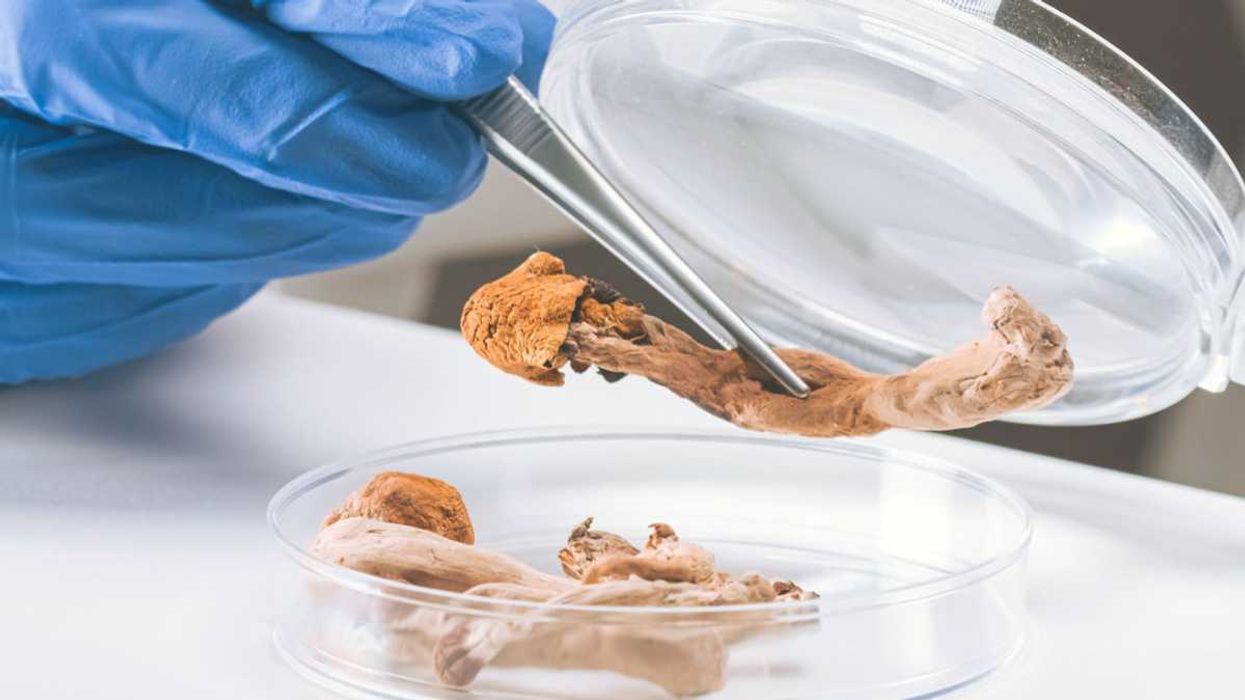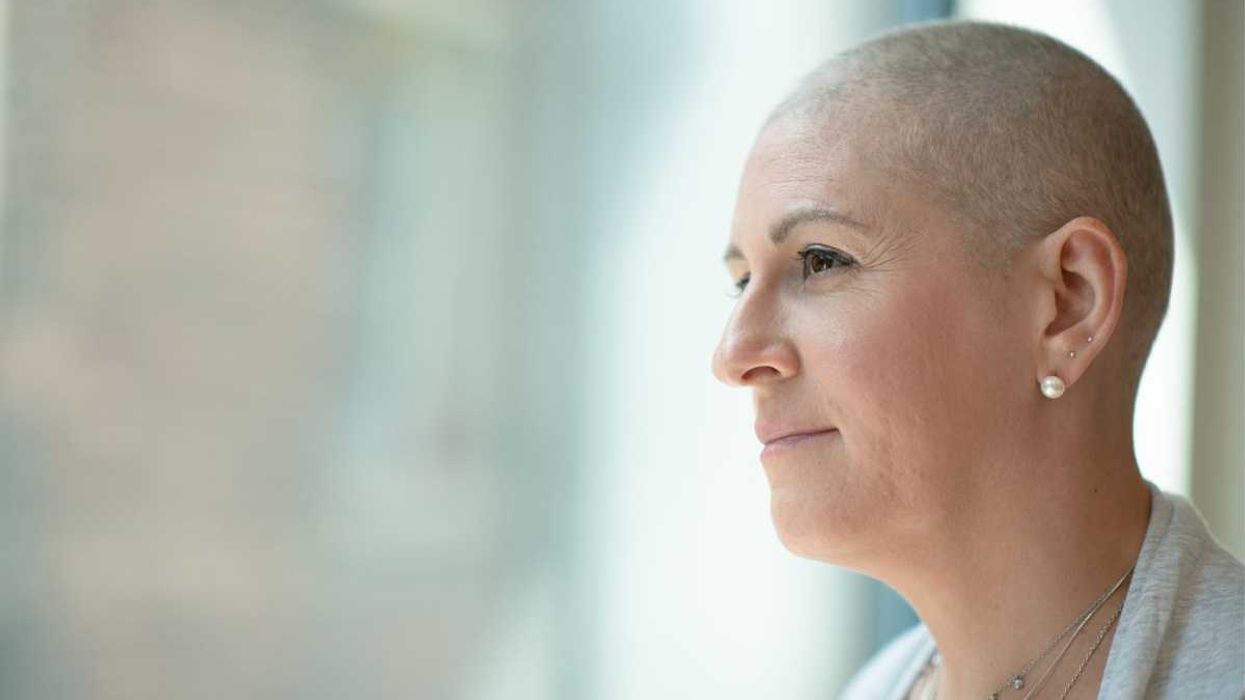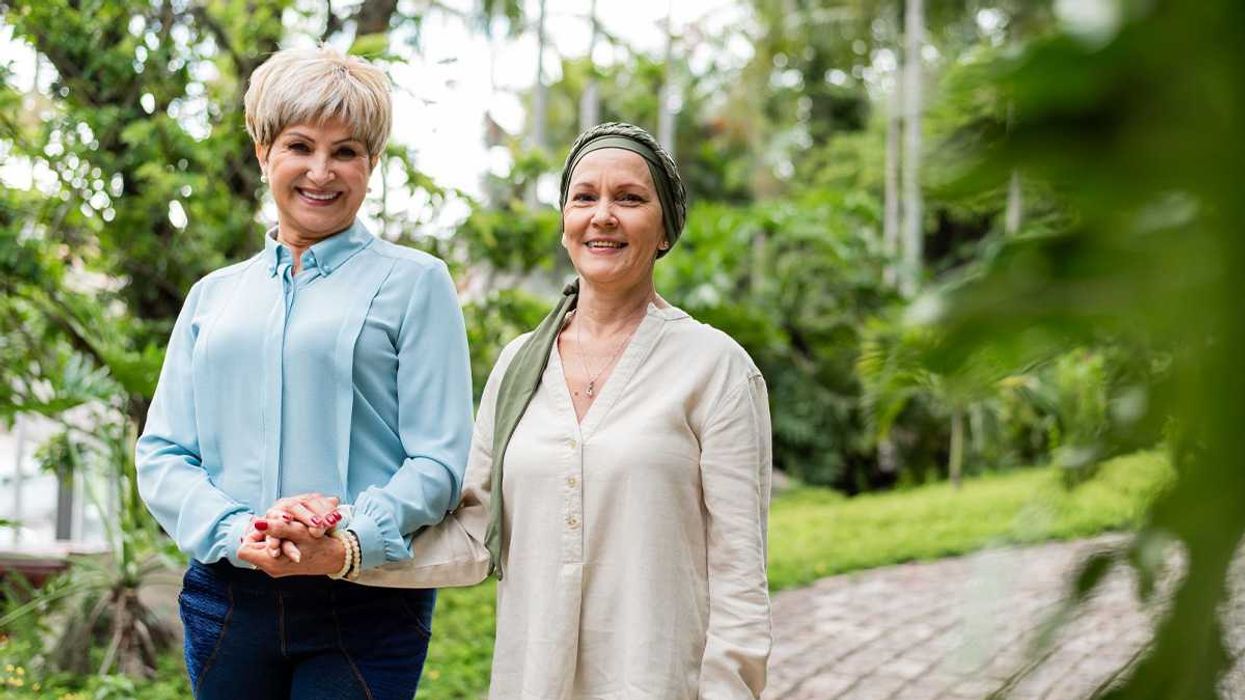It’s easy to take food innovation for granted, but the fact remains that if you really want to change the world, the quickest way to do it is through food, a touchpoint that all humans share. Norman Borlaug didn’t broker any treaties or disarmament plans, yet he was still awarded the Nobel Peace Prize when he invented dwarf wheat, changing the way in which desolate areas could feed themselves. A population capable of feeding itself is far more docile and less combative than one struggling fighting for starvation. Thus, a guy who genetically modified wheat gets the Nobel Peace Prize.
Similarly, research tells us that while much of the world is starving, half the food we grow and produce is thrown away. So any innovation that can connect the starving people of the world to the food that more fortunate populations throw away due to rot would be a nothing short of revolutionary. And that’s what a Southern California start-up called Apeel Sciences is doing with their work. Using organic compounds such as banana peels, stems, and other undesirable, but edible, byproducts of harvesting, the company has developed a safe, imperceptible barrier around produce that can extend the food’s life by up to five times.
We’ve tackled the waste that’s created by big box stores before, but a shelf life extended by 500% wouldn’t just serve the local community – it could buy enough time for otherwise food to reach the far corners of the Earth.
Says James Rogers, the founder of Apeel:
“It takes 30 days to get blueberries grown in Chile to market in the United States, which means they have to be picked before they’re ripe and shipped under heavy refrigeration. We can change that.”
The technology is currently (and successfully) being used to extend the edible life of cassava among African populations.
Here’s a time-lapse video that shows the compelling proposition of a product like the one Apeel is developing:
Speaking to the Apeel founder’s comment above, not only could this technology ensure that people in third-world nations can get edible food sent from further away than ever before, but more privileged nations can also get their imported produce fresher, riper, and untouched by preservatives that are used to make imported food affordable.
The coatings themselves are sold under the names Edipeel and Invisipeel, made of plant material turned into pellets used to cover produce. This covering controls the rate at which moisture and gasses pass in and out of the produce, slowing the rate of decay. The company just this week received a $33 million round of financing which takes their total raise to $40 million. A presentation made to the investors of the $33 million stated that the company has $6 billion of sales currently in negotiation.
Here’s more on the history of the firm and why it’s been so appealing to investors, social causes aside:
Says Ihra Ehrenpreis, a partner at DBL, a principal investor of the $33 million, “The answer to feeding the growing world population isn’t just to grow more food, it’s to preserve more of what we already grow and make optimal use of the resources we already have.”
















 Volunteers who drive homeless people to shelters talk with a person from Ukraine in Berlin on Jan. 7, 2026.
Volunteers who drive homeless people to shelters talk with a person from Ukraine in Berlin on Jan. 7, 2026.
 Tasks that stretch your brain just beyond its comfort zone, such as knitting and crocheting, can improve cognitive abilities over your lifespan – and doing them in a group setting brings an additional bonus for overall health.
Tasks that stretch your brain just beyond its comfort zone, such as knitting and crocheting, can improve cognitive abilities over your lifespan – and doing them in a group setting brings an additional bonus for overall health. Overdoing any task, whether it be weight training or sitting at the computer for too long, can overtax the muscles as well as the brain.
Overdoing any task, whether it be weight training or sitting at the computer for too long, can overtax the muscles as well as the brain.

 Amoxicillin is a commonly prescribed broad-spectrum antibiotic.
Amoxicillin is a commonly prescribed broad-spectrum antibiotic.  Chart: The Conversation, CC-BY-ND
Chart: The Conversation, CC-BY-ND
 Counterintuitively, social media can make you feel more bored and lonely.
Counterintuitively, social media can make you feel more bored and lonely. Talking about what you’ve read can add a social dimension to what can be a solitary activity.
Talking about what you’ve read can add a social dimension to what can be a solitary activity. 
 Women and people of color who experience cardiac arrest are less likely to receive CPR.
Women and people of color who experience cardiac arrest are less likely to receive CPR.

 Mushrooms containing psilocybin.Photo credit:
Mushrooms containing psilocybin.Photo credit:  Woman undergoing cancer treatments looks out the window.Photo credit:
Woman undergoing cancer treatments looks out the window.Photo credit:  Friend and patient on a walk.Photo credit:
Friend and patient on a walk.Photo credit: